New rules force passengers with emotional support animals to pay the pet fee or leave them at home.
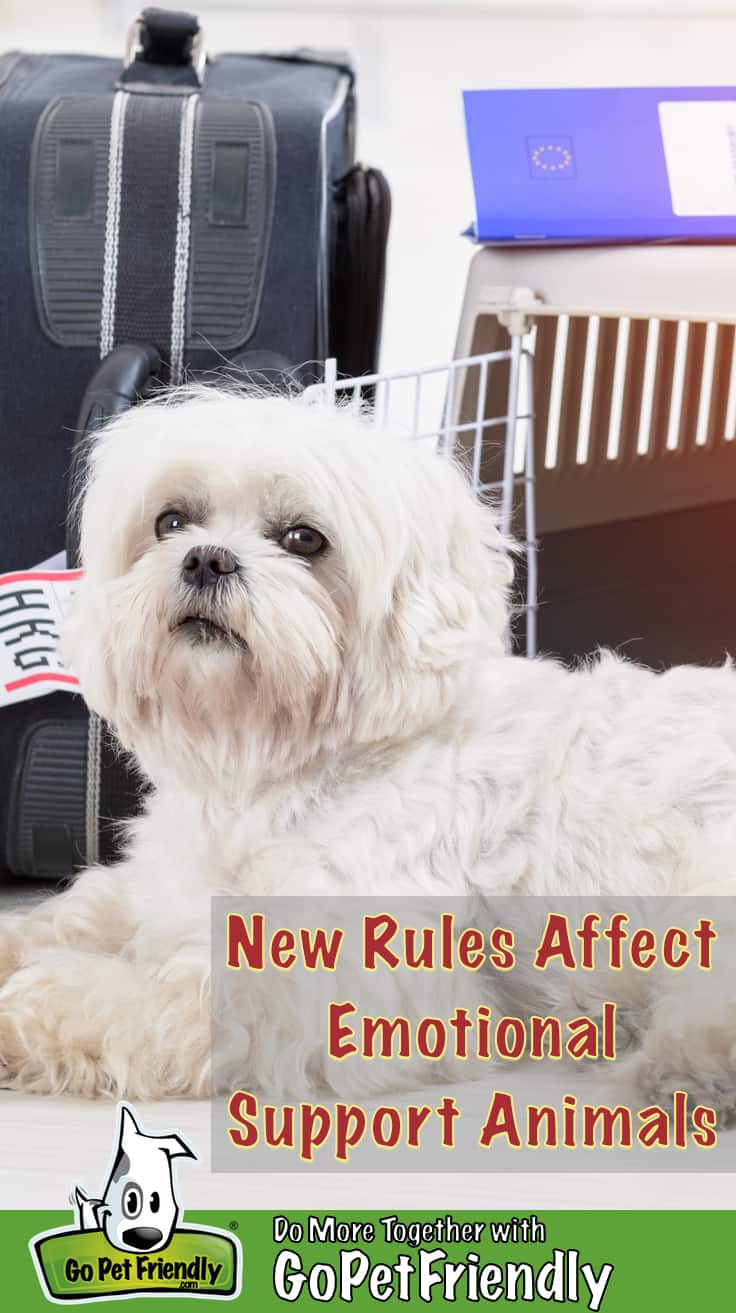
Rule Allows Airlines to Treat ESAs as Pets
In December, 2020, the U.S. Department of Transportation issued a final rule that affects people flying with emotional support animals. It defines a service animal as “a dog, regardless of breed or type, that is individually trained to do work or perform tasks for the benefit of a qualified individual with a disability, including a physical, sensory, psychiatric, intellectual, or other mental disability.”
Emotional support animals don’t meet this definition. While they provide comfort and support for their owners, an ESA’s training doesn’t include performing tasks like service animals. The rule goes on to say that airlines “are not required to recognize emotional support animals as service animals and may treat them as pets.”
READ MORE ⇒ How To Take A Cross-Country Road Trip with Pets
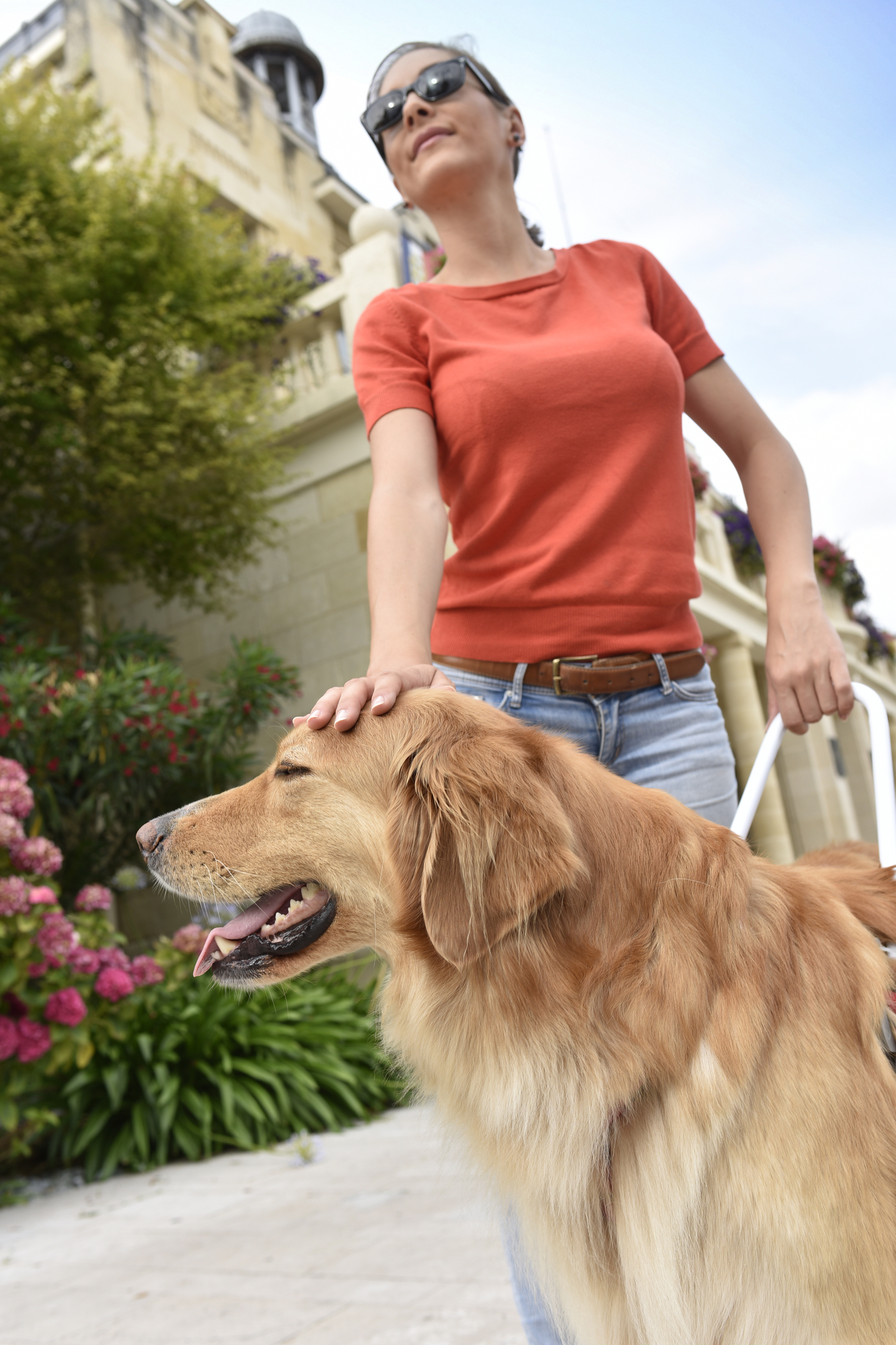
The Transportation Department proposed the new rule in January, 2020, and received more than 15,000 comments. While some commenters favored dropping protections for support animals, twice as many people spoke in favor of them, the department said.
The agency changed the rule partly to stem the tide of passengers carrying unusual animals on board. It also cited the increasing frequency of people “fraudulently representing their pets as service animals.”
These actions “eroded the public trust in legitimate service animals.”
Airlines Respond With New Policies
In response to the new rule, nearly all domestic airlines have announced that emotional support animals will no longer be flying for free. The following airlines have announced they will no longer recognize emotional support animals:
- Air Canada
- Alaska Airlines
- Allegiant Air
- American Airlines
- Delta Air Lines
- Frontier Airlines
- Hawaiian Airlines
- Jet Blue
- Southwest Airlines
- Spirit Airlines
- Sun Country Airlines
- United Airlines
Currently, WestJet recognizes emotional support animals and allows them to fly for free in the cabin. On all other carriers, only trained service dogs will fly in the cabin while not being in a carrier. And the airlines can require people with a service dog to turn in paperwork up to 48 hours before a flight vouching for the dog’s health, vaccinations, behavior and training.
The rule doesn’t allow airlines to bar travelers with service animals from checking in online like other passengers.
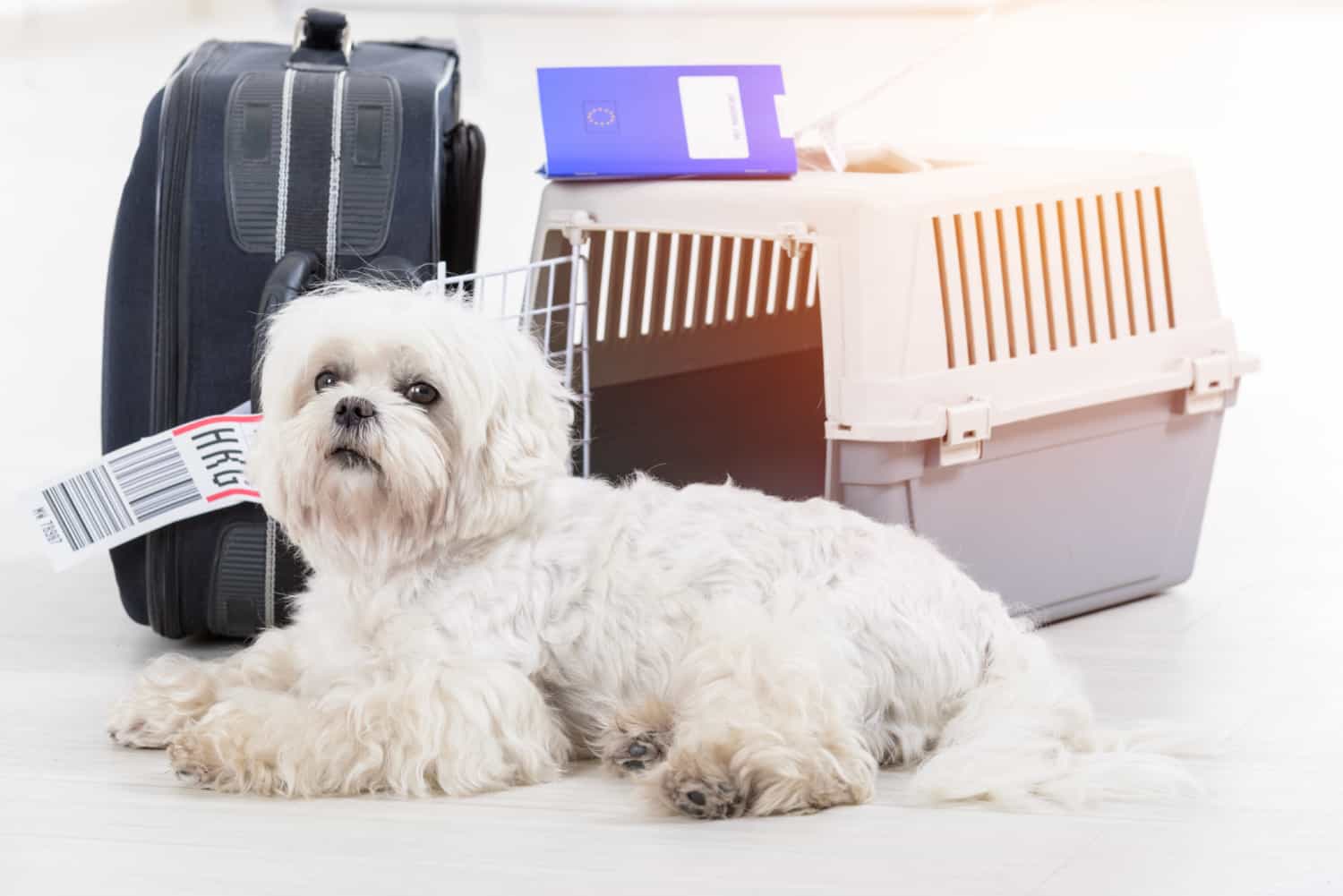
The airlines consider all other animals as pets. They can fly in carriers that fit under the seat in the cabin or in cargo. Either way, owners will have to pay a pet fee, which varies by airline.
Estimates have the airlines gaining up to $59.6 million a year in pet fees.
Delta Digs In On Pit Bull Ban
In the new rule, the DoT stood by an earlier decision on pit bulls. Their ruling prohibits airlines from banning entire dog breeds as service animals. This is a setback for Delta Air Lines, which banned “pit bull type dogs” in 2018.
READ MORE ⇒ Denver Lifts Pit Bull Ban – Should YOU Go?
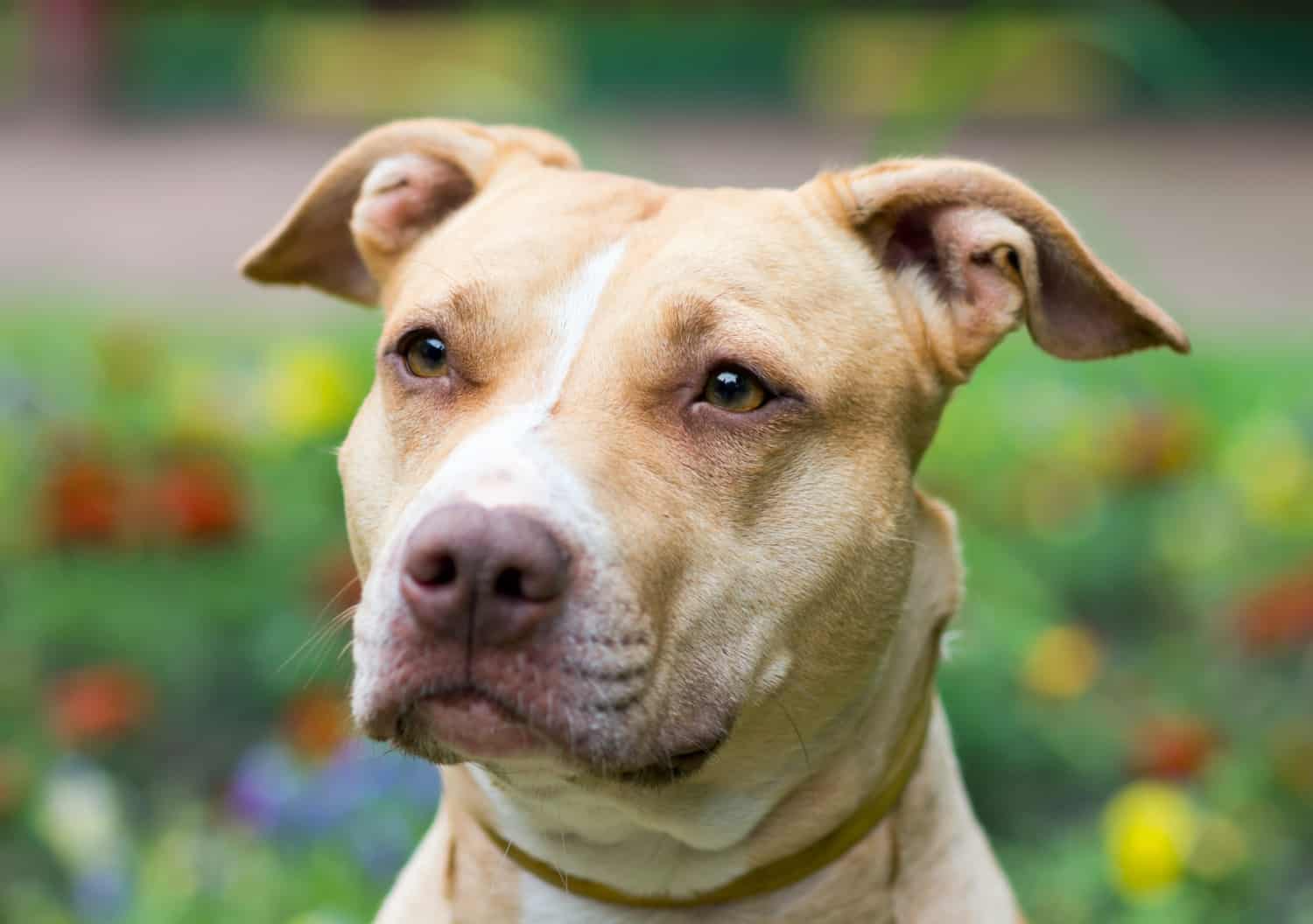
Delta, however, isn’t backing down. In a statement, a Delta spokeswoman said the airline is reviewing the new rule but, “At this time, there are no changes to Delta’s current service and support animal policies.”
More Road Trips
With airline pet fees starting at $100 each way, pet owners should consider road trips with their furry travel companions. Whether it’s a trip to hike in the mountains, romp on the beach, or exploring a new city, GoPetFriendly is here to help you do more together.
READ MORE ⇒ The Ultimate Pet Friendly American Road Trip

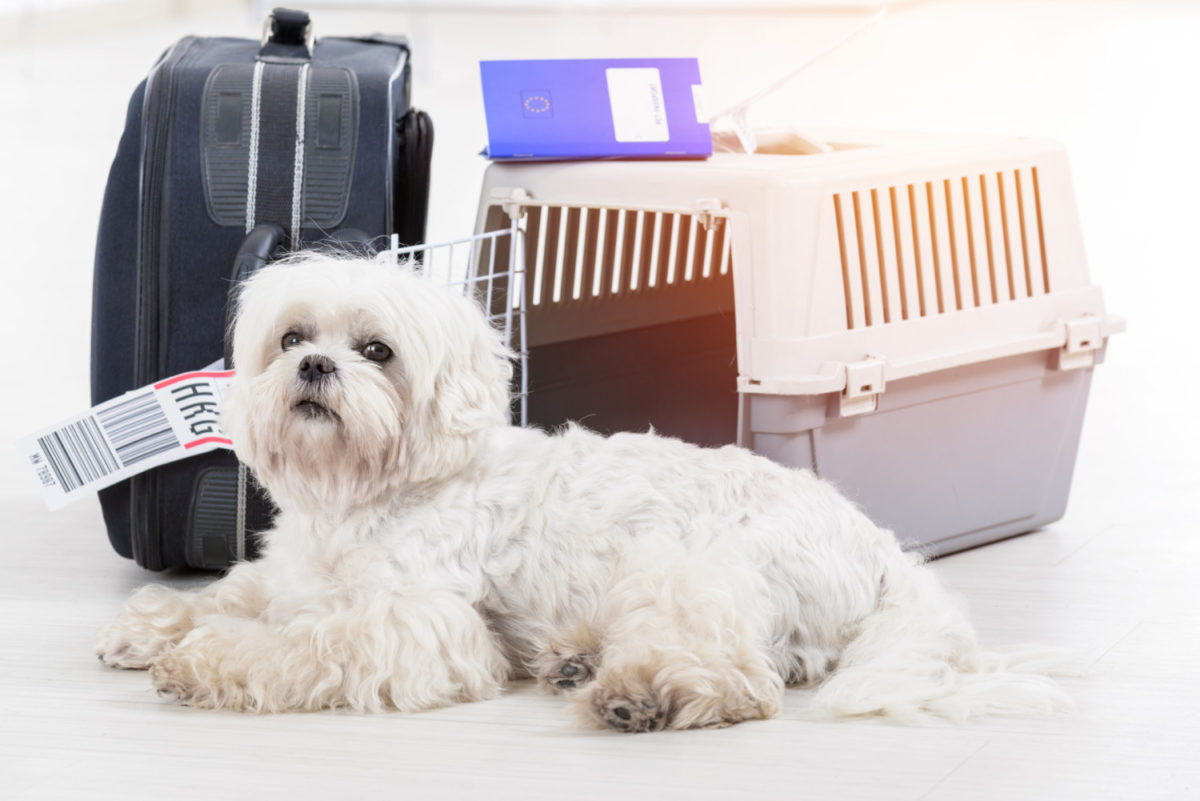
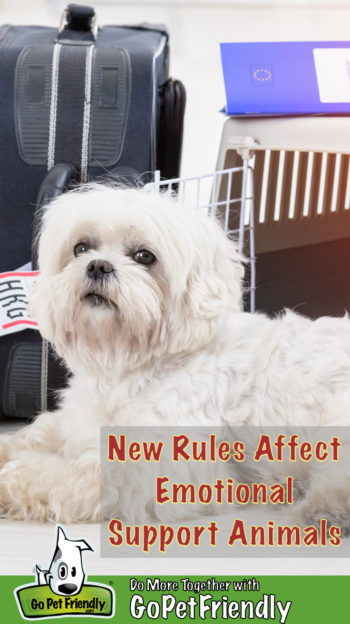
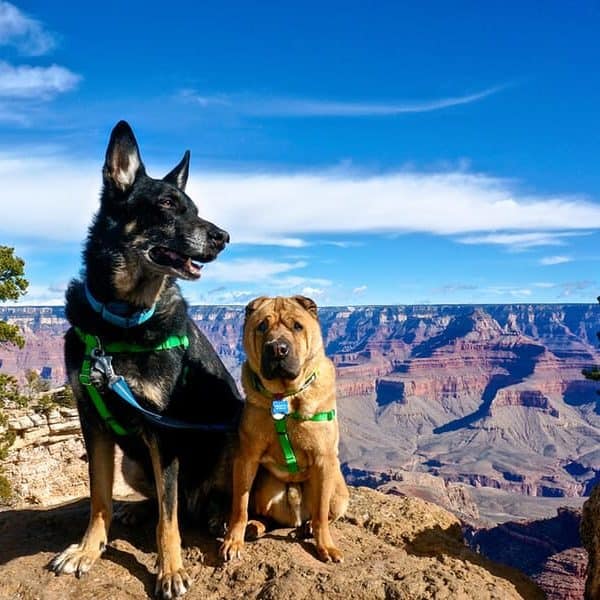



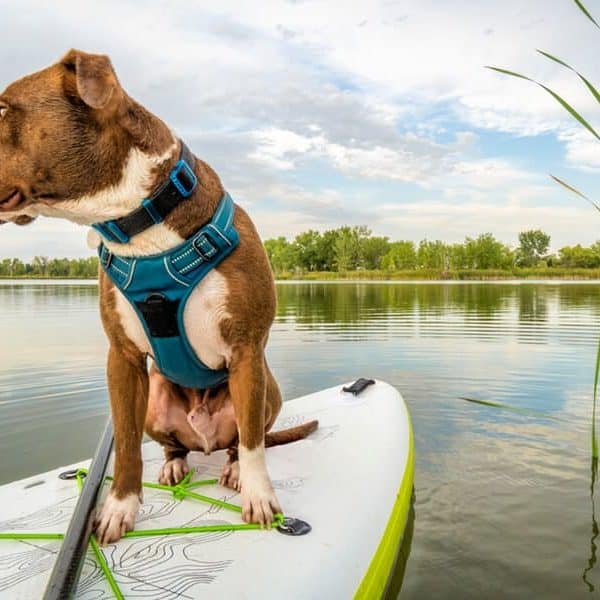
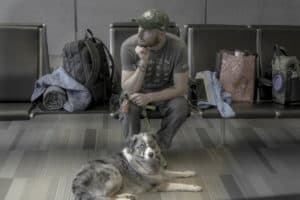

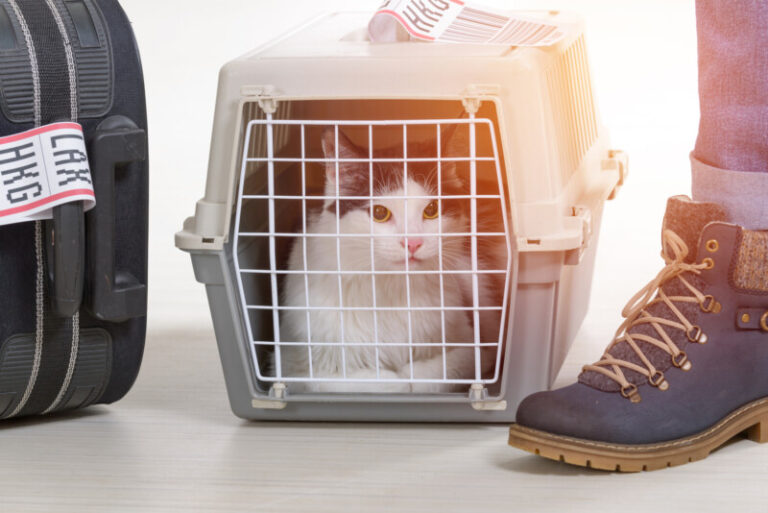
I was told by Jet Blue supervisor ….I will ask one question and if you do not give the right answer…you have to pay for your dog.,…2 years ago and still do not know right answer
Flying with your pet on a plane can make him feel uncomfortable. I mean, I also have a dog, and I know how he loves to walk around, and if a flight is more than 4 hours, it will be uncomfortable for him. I guess Oklahoma ESA laws still allow it. Let me know if I’m right.
Hi Josaph! It’s a federal law that clarified that the airlines are not required to considered ESAs service animals. When that clarification was published, most airlines changed their policies to state that ESA will be considered pets rather than service animals. ESAs still receive federal protection when it comes to housing. There are no special laws that provide more protection for ESAs in Oklahoma. I hope that helps!
My service dog and I have driven across the nation, a couple of times, and we both love it! I would never feel comfortable, taking him on a plane. It would be too much noise, and stress.
I completely understand, Luanne! I’d feel the same way about flying with my dog. Actually, it’s more noise and stress than either of us want.
The fundamental problem is not the cost, it is the high risk that the dog will die in cargo in addition to the trauma it causes and the risk adding that they are not luggage, they are living beings. If he is well educated and does not bother why not allow him to travel with dignity
I completely understand your point, Azul. Unfortunately, one of the reasons the airlines sought to remove the exception for ESAs was that the animals being brought aboard the planes were not well trained and were causing issues. It seems there is no easy solution. Safe travels to you.